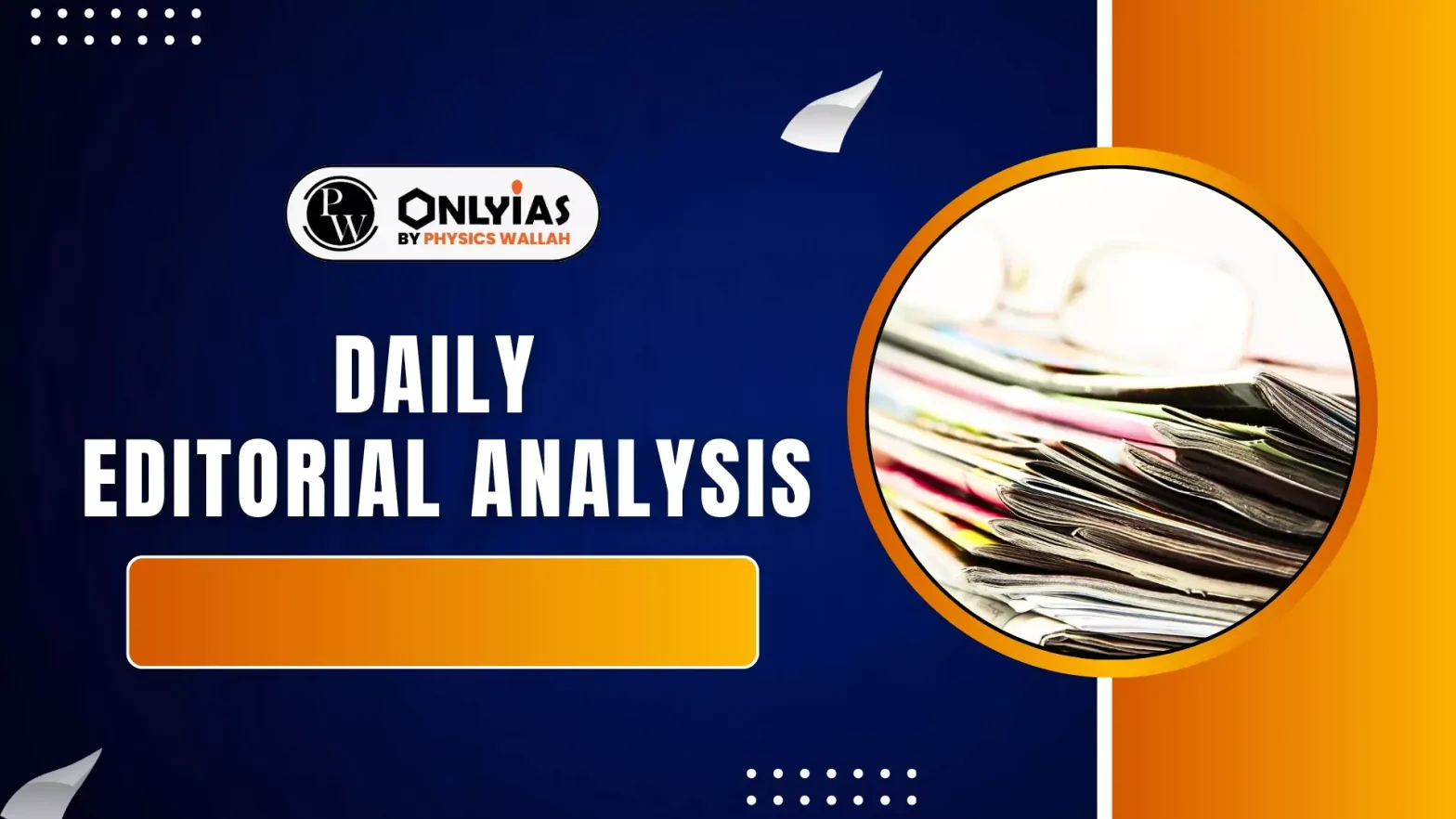![]() 12 Sep 2025
12 Sep 2025

The Union Cabinet’s approval of a ₹1,500 crore incentive scheme to build recycling capacity for critical minerals marks a forward-looking and well-timed intervention in India’s resource security strategy.
| Mains Practice |
|---|
<div class="new-fform">
</div>